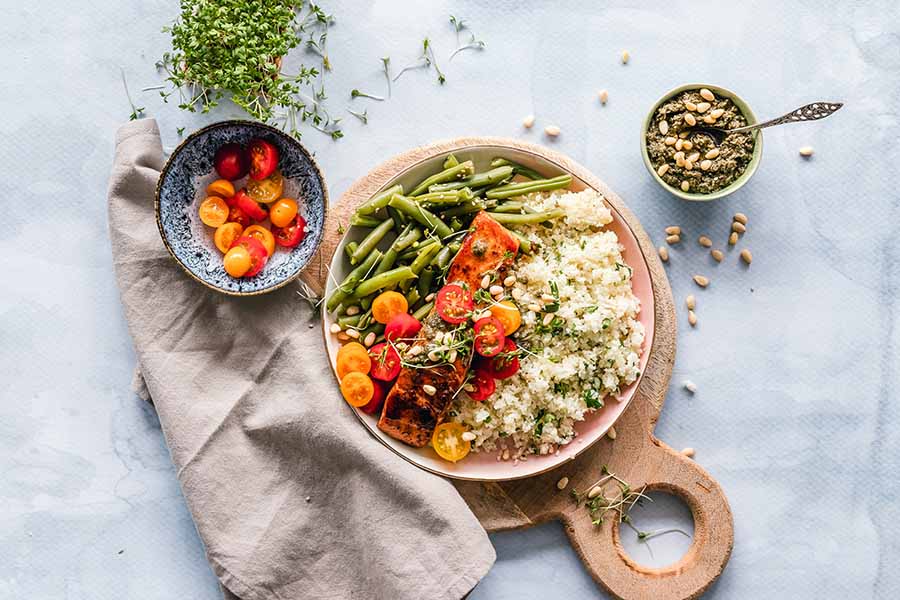Eight Tips For Healthy Eating That Are Easy To Implement
Revamping your diet so that you get more nutrition from the food that you eat doesn’t have to be difficult. Instead, you just need to make a few simple changes to the way that you think about and interact with food. Here are eight tips for healthy eating that are extremely easy to implement, meaning that you can start enjoying better nutrition today:

Vary your diet. If you eat the exact same foods day after day, you could wind up with nutritional gaps in your diet. The best way to ensure that you are getting all of the nutrients that you need is by eating different foods throughout the week. Try to avoid having the same meal more than a few days in a row. Mixing things up will usually result in better nutrition. Adding fortified foods into your diet is a great way to do this.

Find healthy snacks that you enjoy. When you think about snacking, you probably picture munching on a bag of chips or eating a candy bar. Unfortunately, foods like these usually are high in calories and don’t provide a lot of nutritional value. As it turns out, however, there are a lot of delicious snacks that are nutritionally sound. Try to find some healthy options that you enjoy. Nuts, seeds, jerky, dried fruit, hard-boiled eggs, cheese, yogurt, peanut butter, and popcorn are all great choices that you may want to consider.


Drink water before your meals. Researchers have found that people who drink a glass of water before eating usually eat fewer calories, meaning that they are less likely to overeat. About 10 or 15 minutes before mealtime, drink a glass of water. It will help you feel fuller so that you don’t wind up overloading your plate.

Slow down when you eat. Growing up, most people learn to eat quickly. School lunch hours are short, meaning that there isn’t a lot of time to relax and enjoy a meal. Those habits continue into adulthood for most people, meaning that eating too quickly is a common problem. If you devour your food too fast, your body won’t realize it is full until you have already eaten too much. Slowing down can keep you from overeating by giving your body and your brain time to recognize that you are full.

Prepare your meals in advance. If you don’t have a lot of time to cook dinner during the week, try making your meals ahead of time on the weekend. Cooking all of your meals for the week and freezing them will make it fast and easy to grab dinner when you get home. That way, you are less likely to give in to the temptation to grab fast food or heavily processed microwavable meals.

Include fruits and vegetables with every meal. Adding fruits and veggies to your meals can make it a lot easier to meet your nutritional requirements for the day. Even something as simple as a side salad can give you a lot of extra vitamins and minerals. Try cutting up a banana in your oatmeal, having some carrot sticks with lunch, or enjoying a side dish of broccoli and cheese with your dinner.

Cut up your vegetables as soon as you get home from the grocery store. Don’t just stick your veggies in the fridge whole. Instead, wash them and slice them into bite-size pieces right away. Store them in zipper bags so that you can easily grab them for snacks throughout the week.
Learn how much you are supposed to eat. Use an online calculator to figure out how many calories you should eat each day. Then, do your best to avoid going over that number.
These eight tips for healthy eating are simple to implement and can make a big difference in your overall level of health and well-being.










